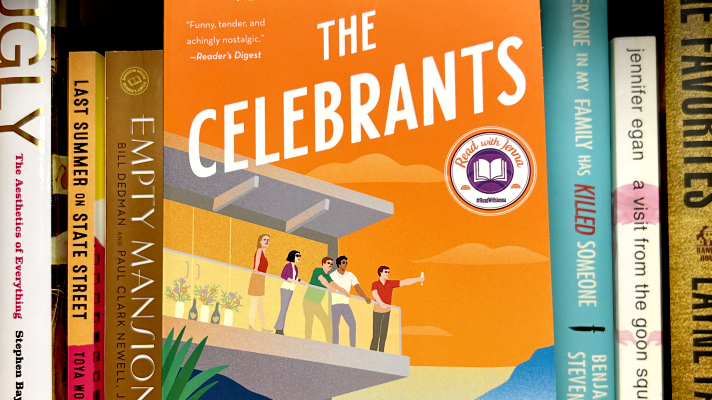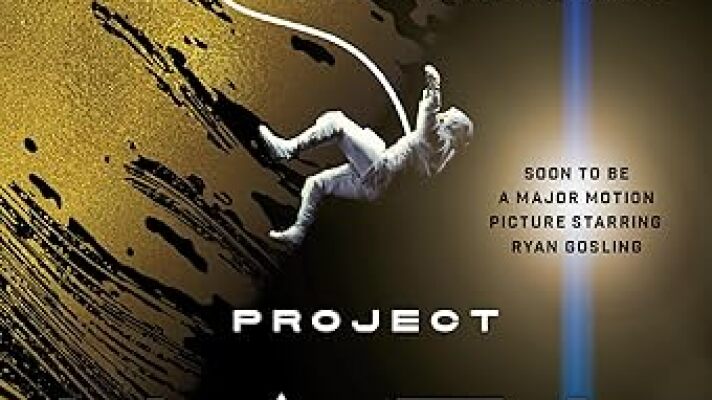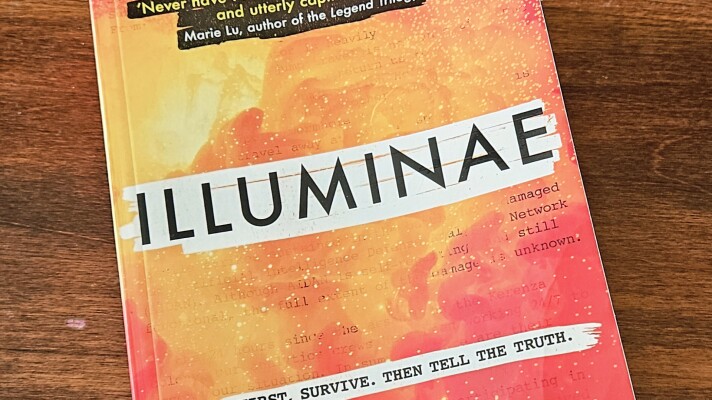I also love historical fiction, especially with a dash of romance. So, really, the only potential downside I saw when I picked up a copy of The Librarian of Burned Books in my local library was that it was set during World War Two. Some days it feels like nothing but World War Two fiction is on the historical fiction shelves. I am fully on board with the fact that Nazis are bad and should be resisted, fought, and undermined in whatever ways possible. But I know, I know, there are more times than the one from nineteen thirty-three to nineteen forty-five or so that called for everyday heroism and required people to confront how willing they really were to resist, fight, or undermine a powerful, genocidal, and authoritarian regime.
Anyway, I am very glad that my love for books about books won out over my concern about the potential triteness of the historical setting.
I thoroughly enjoyed The Libarian of Burned Books by Brianna Labuskes. It intertwines the stories of three women whose bildungsromans start at different points of the era. Althea James, a promising author with writer's block, has the kind of small-town naivete that allows her to fool herself about the nature of her German hosts during a lengthy trip to nineteen thirty- three Berlin. By nineteen thirty-six, Hannah Brecht has escaped Berlin for Paris and is working with the German Library of Burned Books, but of course her flight turns out to not be much of an escape after all. And in nineteen forty-four, Vivian Childs is a war widow fighting to continue the Roosevelt Administration's efforts to send Armed Services Edition paperbacks to the front in the face of censorship efforts by Senator Robert Taft.
Her work leads her to the American Library of Nazi-Banned Books in Brooklyn. Their journeys eventually lead them to the same place at the novel's end, and some of the connections between their stories are easy to anticipate. But I liked best that none of the women were too good to be true. They were each a very human mix of strengths and weaknesses, making it easy to see ourselves in the story. I mean really see ourselves and be realistic about the choices we might make when confronted with the decisions each woman faces. Bad choices are made, but I could understand how they happened even while shaking my head at the chooser.
I think that's the value of fiction like this. We all like to think we'd have been a stop on the Underground Railroad, or the ones hiding Jewish children in our attics, or walking behind Martin Luther King Jr into Selma, or standing up to oppression in any number of risky ways. But there are at least an equal number of times when evil triumphed while good people did nothing significant, and statistically, most of us would be those good people. If we're lucky, we can redeem ourselves like some of the characters in this book. If we're wise, we read books like this and reflect on the kind of people we should strive to become.












